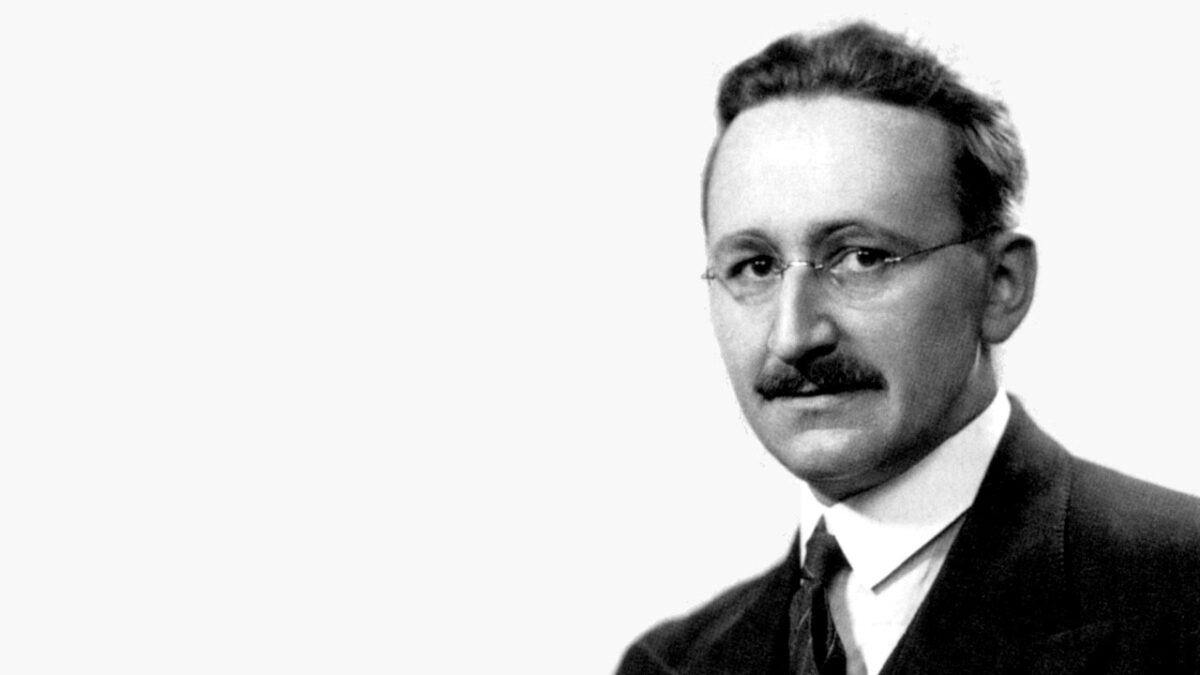Abraham Lincoln, often regarded as America’s greatest president, and F. A. Hayek, the Nobel laureate economist, lived nearly a century apart but were united by their championing of liberty. Both recognized the progression of Western Civilization—from Ancient Greece and Rome, through Jerusalem, the Magna Carta, the Enlightenment, and the Declaration of Independence. Each deployed language with precision and believed that clear definitions guide meaningful action. Both men understood that ambiguous vocabulary led to muddled societal concepts, while moral clarity provided a foundation for progress.
Lincoln, a devout Christian, and Hayek, a self-professed agnostic, agreed that an enduring moral code is essential scaffolding for a flourishing society. For Lincoln, moral law stemmed from Scripture and the legal tradition; for Hayek, it was “the extended order”—an evolved moral system indispensable to social and economic prosperity. Both insisted that preserving moral laws and civil traditions—what Hayek called “playing by school rules”—is a prerequisite for upward mobility, whether for individuals or entire societies. They saw strict adherence to rules as a guardrail against those seeking self-serving advantage at the expense of society’s foundational truths. They further agreed that capitalism, rightly ordered, offers the best avenue for personal and societal advancement.
Lincoln’s economic theory was based on the dignity of labor, the promise of upward mobility, and the transformative power of education. In his 1859 speech at the Wisconsin State Fair, he maintained:
“As each man has one mouth to be fed, and one pair of hands to furnish food, it was probably intended that that particular pair of hands should feed that particular mouth… every head should be cultivated, and improved, by whatever will add to its capacity for performing its charge. In one-word, Free Labor insists on universal education.”
He described the American ideal of advancement: “The prudent, penniless beginner in the world labors for wages awhile, saves a surplus with which to buy tools or land… then labors on his own account… at length hires another new beginner to help him. This… is free labor—the just and generous, and prosperous system, which opens the way for all—gives hope to all, and energy, and progress, and improvement of condition to all.”
Hayek, meanwhile, warned of “weasel words” such as “social justice” and “social rights,” contending that these ambiguous terms obscure the distinction between enduring moral codes and transient ideologies. He argued for the rule of law: that general, predictable rules, followed by individuals and institutions alike, are the bedrock of liberty and progress. For Hayek, a spontaneous yet ordered society—the “extended order”—arises only when traditions of morality and the market are respected.
There is today a profound difference between Biblical justice, with its roots in objective, time-tested moral law, and modern “social justice,” which Hayek and others argue is often untethered from enduring ethical or philosophical principles. Pope Leo XIII’s 1891 encyclical Rerum Novarum renewed the Catholic Church’s commitment to a free society built on the cooperation of capital and labor, while warning of exploitation by both communism and fascism. Leo, like Lincoln and Hayek, affirmed that liberty and free will—grounded in natural law—are necessary for authentic justice and flourishing.
The current trend among some on the political left is to advocate ideologies long discredited by history. Socialism and communism, when embedded in society or the individual, erode the blessings of free will and liberty that underpin human dignity and prosperity. Enduring advancement depends, instead, on a revival of classical liberal ideals—the conservative principles Lincoln and Hayek championed. What is now offered by progressive populism has, in substance, been tried before and failed, regardless of the new terminology attached to it.
Finally, when encountering the assertions of today’s “New Political Left,” it is worth asking: what are the moral foundations of these ideologies? Too often, their predicates appear rooted in emotional intuition rather than the disciplined thinking of philosophy or theology. The progression from Gnosticism through humanism, empiricism, socialism, and communism reflects a relativistic ethic where every individual becomes their own authority, disconnected from historical or moral discernment.
Lincoln and Hayek grounded their thought in the moral and philosophical achievements of Christianity and the Enlightenment, respectively. Both insisted on precise language as the basis for effective reform. Without such clarity, the threats of totalitarianism—whether fascist or socialist—may again obscure the light of liberty.





One reply on “Weasel Words and the Extended Order”
Six hundred thousand dead Americans is not a good legacy for a would be ” greatest president”. That would actually be George Washington.